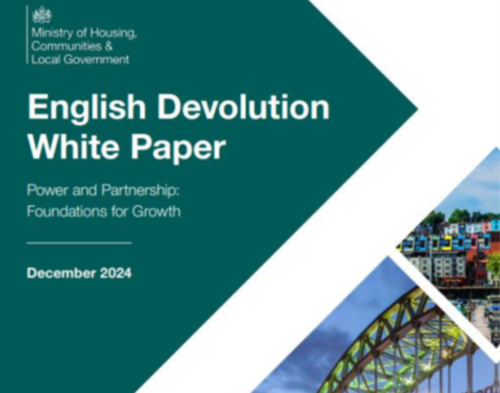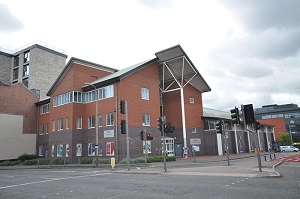News & views
East Midlands Chamber survey confirms that Brexit doubt is stifling business
3 April 2019

Brexit doubt is stifling business, the results of the latest survey by award-winning East Midlands Chamber have confirmed.
Companies are suffering cashflow problems and have lost confidence to invest in premises, plant and people.
According to the first Quarterly Economic Survey of 2019, cashflow concerns are at their worst since the end of the financial crisis in 2012.
Stockpiling in preparation for an unruly Brexit and businesses ‘stretching’ supplier’s payment schedules to shore up their own position as doubt and uncertainty continue were cited as two main drivers of worsening cashflow.
Jane Cowley, Chair of LBV commented: “Our own members are raising their concerns regarding how this delay and uncertainty is having a negative impact on their businesses. Decisions and action must be taken to prevent this deadlock or our economy – on a local, regional and national level – will continue to suffer.”
Scott Knowles, Chief Executive at the Chamber, said: “Unlike 2012, the figures here are not related to access to finance but, instead, are directly attributable to Brexit preparedness and the knock-on impact this is having on business.
“There is undoubtedly a level of stockpiling affecting cashflow, with an inevitable knock-on effect on payments as businesses seek to secure their own positions.
“Cashflow issues might also be part of the story behind decreased levels of investment intentions. While an understandable and rational reaction from business, this runs counter to UK Government’s plans to boost business investment and grow UK productivity.”
The Q1 QES found a net score of only 18% of firms reporting intentions to invest in training, the lowest score since immediately after the Brexit referendum in 2016.
Scott said: “A key difference between then and now are the drivers of that score. After the referendum, the key factors pulling down the overall score were concerned with confidence and investment, both of which took a short-term hit.
“In the latest survey, the main drivers behind the lower score are reported as actual sales, orders and cashflow for both domestic and overseas activity – making this less about sentiment and more about actual activity levels.”
The Q1 2019 QES results compound a slowdown seen in Q4 of 2018 and appear across all economic markers in the survey, resulting in a fall in the Chamber’s State of the Economy Index to its lowest level since the aftermath of the financial crash in 2012.
“The fact that these problems are of a political rather than structural nature does potentially offer some relief,” said Scott.
“In a scenario where we have a swift resolution to Brexit – or at least a clear and predictable path to a resolution – we could see cashflow and investment return to normal levels, with growing confidence following. However, if we experience continued uncertainty, this may exacerbate what is already a significant problem for SMEs.
“In worst case scenarios, long-term struggles with cashflow could start to see some organisations struggle with viability and some of their frustrations turn to genuine anguish as real-world impacts of political bickering start to bite,” he added.








